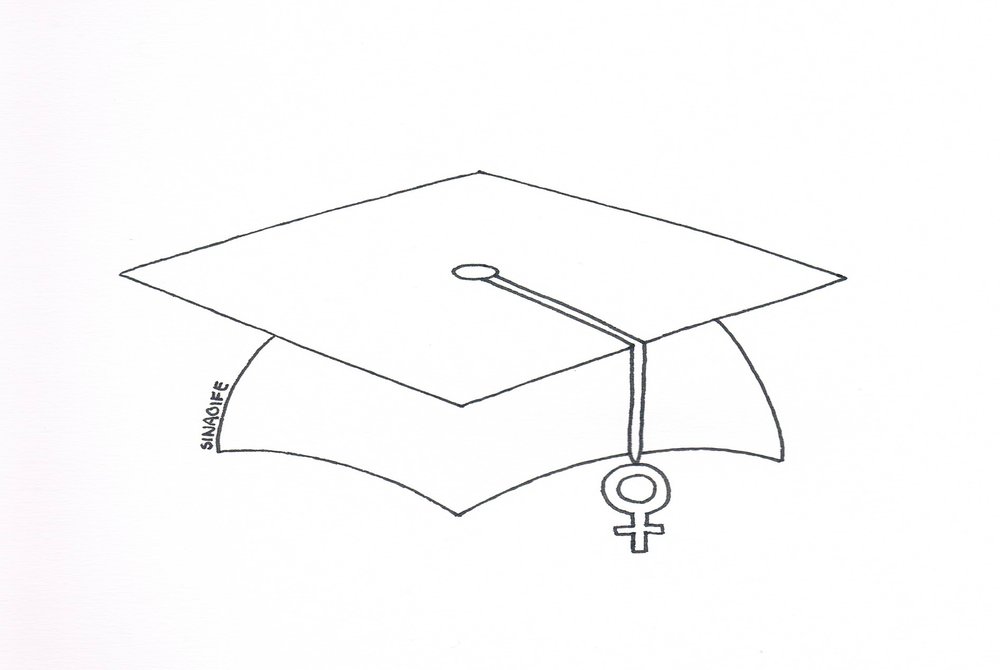
In 1987, the figure for the proportion of women working in STEM fields was just 20% in the USA and Canada. Remarkably, by 2015 that figure only rose by 4%, representing what has been a shocking standstill in progress. The numbers are far worse for women of colour, with only 3-4% earning bachelor’s degrees across STEM. Initiatives in the form of conferences, campaigns, primary and secondary educational programs, and more, have been taking place to encourage women and young girls to pursue STEM careers.
Last year, the TCDSU Women in STEM campaign launched with its first annual series of events, each centered around a different branch of STEM, and the women in these departments. Its purpose was to “tackle gender imbalances in scientific and technological fields.” by encouraging and celebrating the women of Trinity’s STEM community. TCDSU Women in STEM is returning this spring with its launch event, a collaboration with DU General Science Society’s “Trinity Women in Science”. Event organizers hope that this will be the second of many such events to come.
Why are campaigns like TCDSU Women in STEM still necessary? Unfortunately very little seems to have changed in terms of STEM gender equality in the last few decades. Evidence of this is not hard to find, even in Trinity alone. The INTEGER survey report conducted by the Trinity Centre for Gender Equality and Leadership (TGEL) is a summary of the advancement of gender equality in the Trinity community, focusing on the experiences of its workforce (particularly in research). The 2017 report states that “striking gender inequalities persist in career advancement and participation in academic decision‐making. Despite significant progress in their level of education relative to men in recent decades, women are increasingly under-represented as they move up the stages of an academic career.”
The INTEGER report serves as sufficient local evidence that the largest gender inequalities at the heart of academia emerge in career advancement and the severe lack of women in senior postings. This type of inequality is explained by the “leaky pipeline” metaphor, which describes the continuous loss of women in the lifeline of STEM careers due to mechanisms in research bodies that “often affect the career progression of female researchers adversely.” The INTEGER report also pointed out that with the establishment of a maximum retirement age, women don’t have time to make up for past incidents in which gender biases stunted their careers. For these reasons there can be no doubt that we must focus efforts on promoting diversity in STEM fields.
Why are these initiatives necessary for students specifically? According to TCDSU Women in STEM Biology co-chair Maeve McCann; “At the college level the TCDSU Women in STEM campaign is needed to help reinforce positive gender stereotypes within the study body. It is also a confidence boost for STEM undergraduates looking to head further into research… Meeting other women who have been in your position and are now professors, lecturers and doctors sows the seed in your head ‘yes, I can do this too.’”
Gender inequality is relatively controversial, historically complex, hotly debated and one of the most pressing issues of our time. The unequal treatment of genders in society benefits no one – whether it results in toxic masculinity destroying the mental health of Irish men, restrictive laws preventing the bodily autonomy of women, or the prevention of women in STEM having successful and fulfilling professional lives. Trinity students are demonstrating their passion and refusal to accept the unfortunate realities of the current climate in STEM careers and are working tirelessly to change the future of these fields. To learn more about this, and hear from female role models, keep an eye out for the DU SciSoc Trinity Women in Science event, and be sure to follow the TCDSU Women in STEM campaign this coming March.






